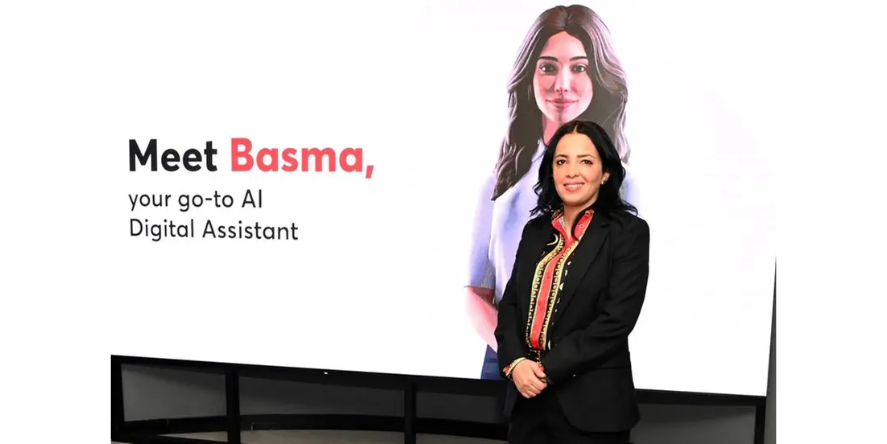A car insurance claims adjuster is someone you’ll likely speak with after an accident and subsequent claim filing. An insurance company claims an adjuster’s job is to negotiate a fair financial settlement for the policyholder in the event of a loss or damage claim.
Adjusters for automobile insurance policies may also be known as claims handlers, claims specialists, claims analysts, or loss adjusters in some parts of the world. An insurance claims adjuster may work in the health or property insurance industry. Understanding the role of the vehicle insurance claims adjuster will help you navigate the process after an accident. Read this article for a clear idea about insurance adjusters.
What Is a Claims Adjuster?
Claims adjusters are insurance professionals that look into insured losses to establish policy limits. Property claims adjusters may deal with damages to buildings, while liability claims adjusters may handle claims involving injury to third parties or their property.
An adjuster will talk to the claimant and any witnesses to assess a claim, check relevant documents (such as police or medical reports), and physically inspect the property in question.
Some Advice for Communicating with Insurance Adjusters
You need to understand a few things before you come in contact with the insurance adjusters. Some of these are listed below:
Learn the Objectives of the Insurance Adjuster
To begin, you must appreciate the insurance adjuster’s position. At the very least, you should inquire what they stand to gain from engaging with you. Keep in mind that an auto insurance adjuster is representing their company. Their primary responsibility is to the insurance company’s financial line, not yours.
A car insurance adjuster is a representation for the other side in your case and must be treated as such. This is the case even if the auto insurance adjuster works for your company. Do not expect an insurance adjuster to help you navigate the complicated claims process that follows a car accident.
Never Take the Blame for an Accident
In the event of a car crash, never accept fault, not even partial. Put another way: you are not responsible for determining who caused the accident. If you need help with legal matters, seeing an attorney is a good idea.
A vehicle insurance adjuster may try to convince a person who was hurt in a car crash that they were somewhat responsible for the incident. The reasoning for this practice is that California is a “comparative negligence” state. An automobile insurance adjuster may be able to negotiate a lower settlement offer from the insurer if you admit some responsibility for the accident.
Do not make a taped statement
The insurance company will likely try to collect a recorded statement from you soon after the event occurs. A representative from your insurance company may even contact you before you have had adequate time to fully recuperate from and come to terms with the trauma of your accident. You should not feel obligated to comment. You should know that you are not required to make a recorded statement.
To avoid potential backlash, you should probably not make such an assertion. The insurance adjuster aims to find reasons to lower or reject your claim altogether. Before making any statements, you should consult with a vehicle accident attorney.
Doubt any offers of a quick settlement
Some situations involving automobile accidents have clear-cut culpability. There’s a chance that the insurer won’t even try to prove you’re at fault. They may shrug and assume that their driver did something wrong and caused the collision. It’s fantastic news. This situation is a little more intricate.
Vehicle insurance adjusters must resort to various strategies and tactics to safeguard the company’s interests when blame for the accident is not in question. Affordable car insurance adjusters, in other words, will work to reduce the overall amount of the settlement offer.
The victim is often pressured into accepting a lowball settlement offer before they have had the chance to assess the extent of their losses fully. Quick settlement offers should be viewed with skepticism at all times. Never take less money than you rightfully should.
Never Agree to Release Your Medical Information
Insurance companies frequently request access to accident victims’ medical files after an incident. The insurance firm will, of course, be allowed to look at any files they see necessary. But insurance adjusters often make overly broad requests, such as wanting to see your whole medical record.
They conduct this to see if they can identify anything in your medical history that would allow them to refuse treatment because you have a “pre-existing” disease. Do not sign a release of medical information without first consulting an attorney about your specific request.
Conclusion
The greatest thing you can do if you’re involved in an accident is to make a thorough list of everything you own that was damaged or destroyed and to produce a home inventory, preferably with photos and videos. To avoid being taken advantage of, getting your repair quotes is essential.

















